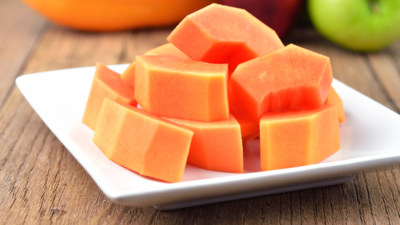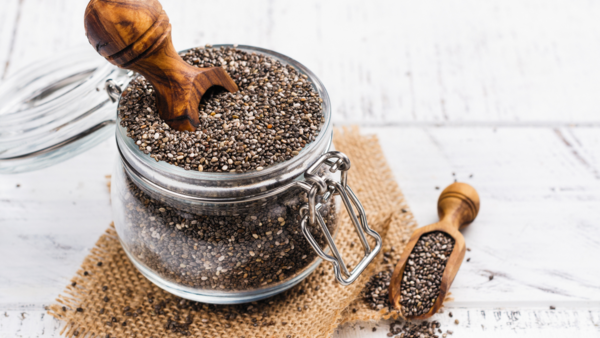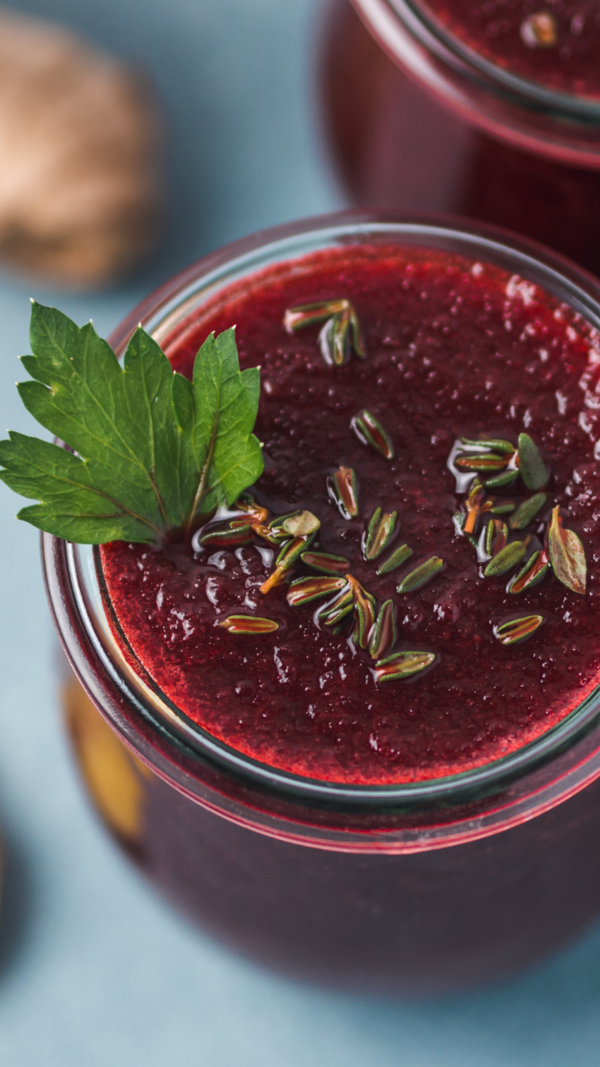- News
- lifestyle
- health-fitness
- diet
- 8 nutrient-dense superfoods one must consume everyday
Trending
8 nutrient-dense superfoods one must consume everyday
Experts suggested eight superfoods for enhanced health, including amla, papaya, almonds, sweet potatoes, strawberries, chia seeds, avocados, and quinoa. Rich in essential vitamins and antioxidants, these foods can boost immunity, improve digestion, and promote heart health. Integrating them into daily meals can lead to a healthier lifestyle.

8 superfoods for health
In the constantly changing field of nutrition and health, superfoods have become the mainstay of a well-rounded diet. These foods are high in nutrients and include a wealth of important vitamins, minerals, and antioxidants that can improve your health from the inside out. Superfoods are an effective way to achieve optimal health because of their extraordinary capacity to reduce inflammation, strengthen immunity, and promote general well-being.

Amla
Amla, also known as Indian gooseberry, has a high vitamin C content that improves skin health and immunity. It supports heart health, facilitates digestion, and helps control blood sugar levels. The antioxidant qualities of amla fight free radicals, lowering inflammation and delaying the aging process. It also strengthens the liver, promotes hair growth, and enhances eye health. Including amla in your diet can make a big difference in your general health.
Papaya
Almonds
Nutrient-dense almonds offer a plethora of health advantages. They are abundant in antioxidants, magnesium, vitamin E, and good monounsaturated fats. Because they reduce inflammation and cholesterol, these nutrients support heart health. In addition, almonds are a fantastic source of fiber and protein, which promote healthy digestion and help you feel fuller for longer. Snack them, add them to salads, or puree them to make nut butters.

Sweet potatoes
According to Simrat Kathuria, head dietitian, CEO, The Diet Xperts, “Sweet potatoes are a nutrient-dense, adaptable substitute for more popular starchy veggies. They are rich in beta-carotene, which the body uses to produce vitamin A, which is necessary for healthy immunological function and vision. Sweet potatoes also include significant levels of fiber, manganese, and vitamin C, all of which are beneficial to digestion and general health. They are a great complement to many different foods, such as baked fries, soups, and casseroles, due to their inherent sweetness.”
Strawberries
One of the most powerful superfoods found in nature is generally hailed as blueberries. Their intense blue color is a result of their high antioxidant content, especially from the anthocyanins that lower inflammation and fight oxidative stress. A cup of blueberries offers significant amounts of dietary fiber and vitamins C and K. It is well recognized that these antioxidants strengthen the immune system, promote heart health, and enhance brain function. You can include them in your diet by mixing them into cereal, smoothies, or even salad dressing.

Chia seeds
Even though they are small, chia seeds are incredibly nutritious. They are perfect for heart health and digestive function because they are a great source of fiber, protein, and omega-3 fatty acids. Additionally, high in phosphorus, magnesium, and calcium—all of which promote healthy bones—are chia seeds. They work well as a base for chia pudding, an addition to smoothies, and yogurt due to their special capacity to absorb liquid and create a gel.
Avocado
Avocados are prized for their richness of nutrients and creamy smoothness. It has a lot of monounsaturated fats, which lower bad cholesterol and are good for the heart. Avocados also contain vitamins E, C, and B6, as well as potassium, which maintains normal blood pressure. They can be used in a range of recipes, including spreads, salads, and even desserts because of their versatility.
Quinoa
Being a complete protein, quinoa is a great source of protein for vegans and vegetarians as it includes all nine essential amino acids. In addition, it has a lot of iron, magnesium, and fiber, all of which are good for general health. The fluffy texture and nutty flavor of quinoa make it a healthy base for salads and grain bowls, as well as a terrific alternative to rice or spaghetti.
We should include them on your plate on a regular basis because of their many health benefits, which range from better cardiovascular health to enhanced cognitive function. You will be moving in the direction of a more vibrant, healthier version of yourself if you embrace these nutrient-dense meals.
Nutrient-dense foods are rich in vitamins, minerals, and other essential nutrients relative to their calorie content. They include fruits, vegetables, lean proteins, whole grains, and nuts, providing maximum nutrition for fewer calories. Incorporating these foods into your diet supports overall health and well-being.
"Boost Happiness and Health All Day with Breakfast Ideas"
End of Article
FOLLOW US ON SOCIAL MEDIA










